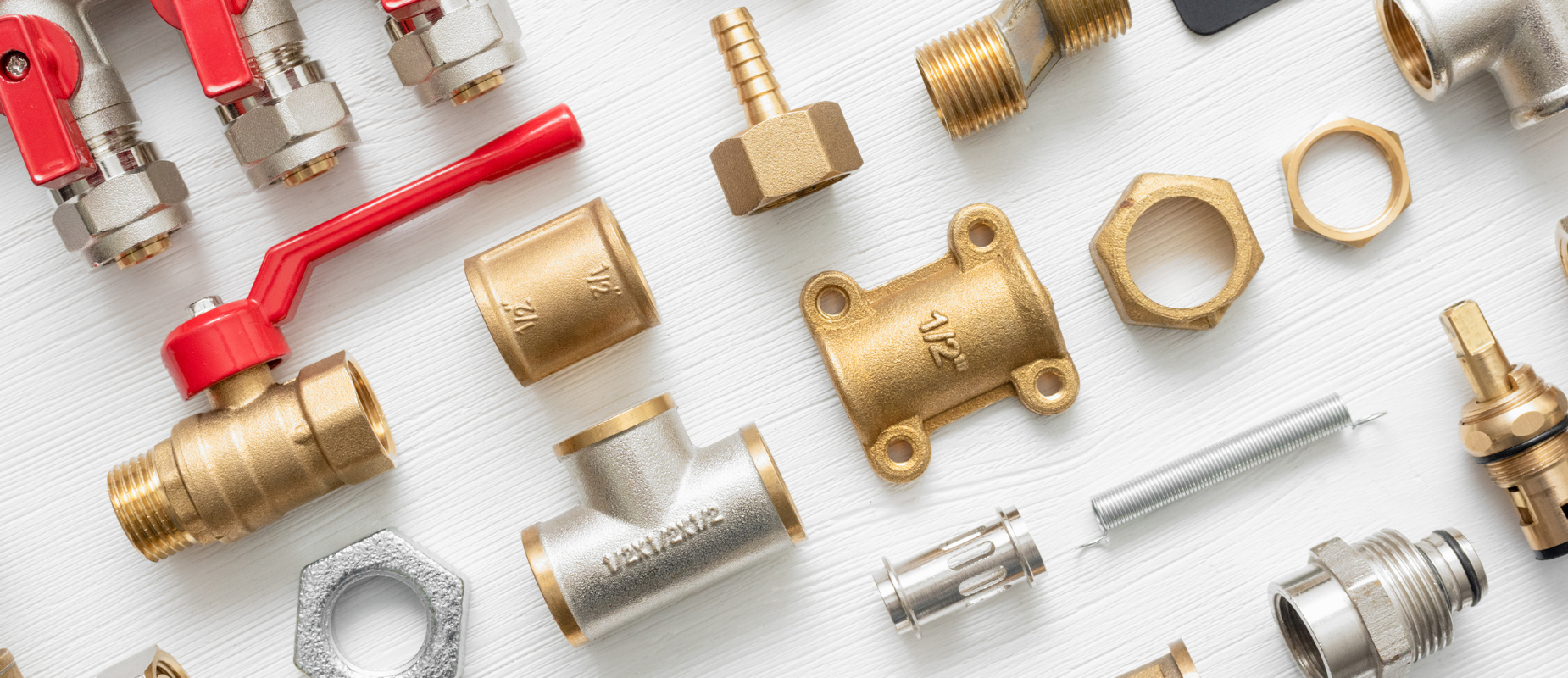
How Much Does It Cost To Replumb a House in Texas?
Replumbing a house in Texas can cost quite a bit, but knowing the costs can help you get ready. The cost of replumbing a house in Texas depends on factors like size and plumbing materials. On average, it ranges from $3,000 to $10,000. To get the best deal, compare multiple contractors’ plumbing installation costs in Texas for accurate house repiping estimates.
What Are the Key Price Factors?
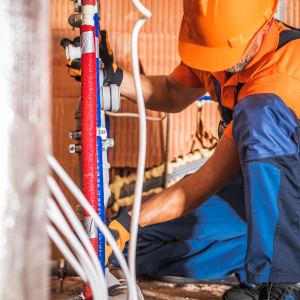
Several things affect the replumbing cost:
- Plumbing Costs for Old Homes: Older homes often have outdated systems that might need extra work, raising costs.
- Texas Plumbing Quotes: Getting quotes from local contractors helps you understand the expenses.
- Cost Factors for House Repiping include pipe types (copper or PEX), labor charges, and job complexity.
- Copper vs. PEX Repiping Costs: Copper usually costs more than PEX, which is important when planning your budget.
- Texas Plumbing Rates: Rates vary by region and contractor experience, so research is key.
Are Copper or PEX Pipes More Affordable?
When deciding between copper and PEX pipes for your new plumbing system, cost is a big factor:
- Copper Repiping Costs: Copper pipes are durable and last longer but have higher material and labor costs.
- PEX Repiping Costs: PEX is generally cheaper and flexible, making installation easier in tight spots.
Consulting a Texas plumbing cost guide can help you pick the most cost-effective choice.
Understanding Plumbing Materials
Picking the right plumbing materials is crucial for a successful home repiping project. Texas plumbing contractors provide various options, ensuring you find affordable repiping services that suit your requirements.
What Options Are Available for Texas Homes?
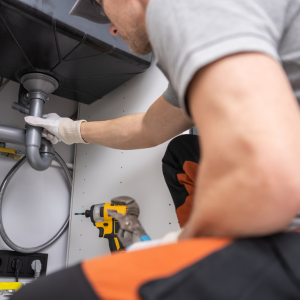
Here are some popular plumbing materials:
- Copper Pipes: Pros and Cons
- Advantages: Durable, heat-resistant, and long-lasting.
- Copper Repiping Costs: Higher initial costs, but they need fewer repairs over time, adding value.
- PEX Pipes: Benefits and Considerations
- Benefits of PEX Plumbing: Flexible, resistant to scale and chlorine, and easy to install.
- PEX Repiping Costs: Lower overall costs make them a favorite choice for many Texas homeowners.
Consulting Texas plumbing estimates can guide you toward cost-effective plumbing options for your specific home needs. Choosing the right materials ensures affordability and performance in your home’s plumbing system.
What to Expect During the Repiping Process?
Understanding the process is important When planning a whole house repipe. In Texas, house repiping costs can vary depending on your home’s size and needs. Here’s what to expect:
- Initial Assessment: A professional will check your plumbing system to find the best way to repipe.
- Preparation: You might need to move furniture and cover floors to protect them during the work.
- Installation: Workers will replace the old pipes with new ones to improve your plumbing.
- Final Inspection: After the work, a full check is done to ensure everything works properly.
Texas’s complete plumbing overhaul cost can change, so getting a detailed estimate first is wise.
How Long Does It Typically Take?
In Texas, a repiping timeline usually takes a few days to a week. This depends on how complex the plumbing is. Talk with your contractor to know more about your specific situation.
Will My Family Need to Vacate the Home?
During a repiping service in Texas, it’s common to wonder if you can stay home. Usually, you can remain in your home, but there may be times when water access is limited. Costs for emergency plumbing services could be higher if immediate work is needed. Check service availability near you to plan.
Hiring the Right Professional
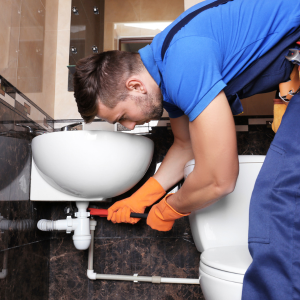
Finding the right Texas plumbing contractors is key for a good project. Choose Texas repiping specialists with a strong record and positive reviews.
What Should You Look for in a Texas Plumber?
When choosing a plumber, consider these points:
- Experience and Certification: Make sure they are licensed and have experience.
- Pricing Transparency: Know the average hourly rate for plumbers in Texas and typical plumbing repair costs.
- Customer Reviews: Look for good feedback from previous clients.
- Comprehensive Quotes: Ensure that all cost factors for house repiping are clear.
How to Get Accurate Quotes?
Getting accurate Texas plumbing estimates is necessary. Here’s how:
- Detailed Assessment: Let contractors inspect your home fully.
- Multiple Quotes: Get several Texas plumbing quotes to find affordable repiping services.
- Clear Communication: Make sure every part of the job is explained in the quote.
Are There Financing Options for Repiping?
Repiping your home can be expensive, but there are financing options to help with the cost. Many homeowners in Texas look into credit options or payment plans designed for plumbing projects.
What Payment Plans Are Generally Offered?
When you need to repipe, there are several payment plans available to suit your budget:
- Credit Options: Some banks offer credit lines specifically for home improvements.
- Payment Plans: Many plumbing companies in Texas offer flexible payment plans that allow you to pay over time instead of all at once.
These plans make it easier to afford your repiping project and reduce stress.
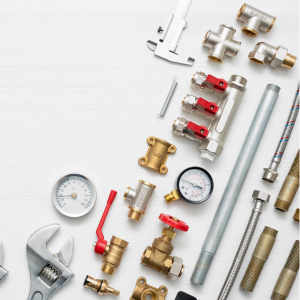
Can Insurance Cover Repiping Costs?
Knowing what your insurance covers is important when planning a repiping job. Some policies might cover repiping costs, especially if it’s needed due to damage or failure.
- Insurance Coverage: Check with your insurer to see if your policy covers these costs.
- Texas Plumbing Insurance Options: Look into different insurance packages in Texas that might cover major plumbing work.
Taking this step will help avoid unexpected expenses later.
Do Older Homes Require Special Considerations?
Older homes often have historical value and pose unique challenges during repiping. Original plumbing systems may be outdated and need special attention.
What Challenges Do Historic Properties Pose?
Historic properties have particular challenges for repiping because:
- Older Plumbing Systems: They often need careful handling and special techniques.
- Accessing Older Plumbing Systems in Texas: Given their age, accessing and replacing pipes requires detailed work.
Working with experts in historic home repiping helps preserve the home’s character.
How Do You Maintain Original Features?
Keeping the original features of older homes is key during repiping to maintain their unique look. Here are some ways to achieve this:
- Original Features: Try to minimize disturbance to visible architectural elements.
- Preservation Techniques: Use modern materials that look like historic designs when possible.
- Maintaining Original Home Features: Blend updates seamlessly with existing aesthetics.
- Preserving Home Aesthetics During Repiping: You can keep your home’s charm intact with careful planning.
Using these methods lets you enjoy new plumbing without losing the timeless appeal of your property.
Benefits of Repiping Your Home
What Long-Term Savings Can You Expect?

Repiping your home can save you money in the long run. One major advantage is lower water bills because new plumbing is more efficient and has fewer leaks. A new plumbing system also means you won’t need repairs as often, saving you from costly fixes over time. In Texas, repair costs can vary, but while the initial cost of a new plumbing system might seem high, it eventually pays off by reducing the need for future repairs.
How Does New Plumbing Impact Home Value?
Updating your home’s plumbing can make it more attractive to buyers. Modern plumbing systems meet today’s safety standards, making your home more appealing. Repiping not only makes your home more comfortable but also increases its value. In Texas, these upgrades can raise your property’s value, making it more enticing to potential buyers and giving you a better return on your investment.
Texas-Specific Plumbing Concerns
How Does the Climate Affect Plumbing Needs?
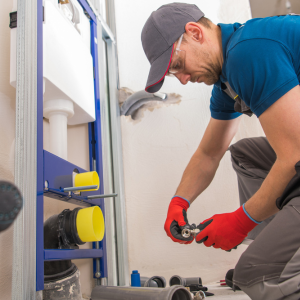
The climate in Texas can affect plumbing systems. Temperature changes in the state might impact how well pipes last and work. It’s important to use materials and techniques that can handle these conditions. Knowing about climate impact can help you choose durable and effective solutions.
Are There Specific Regulations to Follow?
When repiping, following Texas building codes is necessary. The state has specific plumbing regulations that ensure installations are safe and reliable. Complying with these codes protects the home’s occupants and ensures your upgrades add value to your home. Staying up-to-date with these regulations can help avoid legal issues and increase your home’s value.
How Can Regular Maintenance Prevent Future Costs?
Regular maintenance keeps plumbing systems in good shape and stops unexpected costs. You can find small issues before they become big problems by doing routine plumbing checks. Simple tasks like checking for leaks and watching water pressure help keep plumbing issues at bay and ensure everything runs well. Regular plumbing inspections are a cost-effective way to avoid expensive repairs later. To get precise plumbing estimates in Texas, contact a local expert.
What Routine Checks Should Be Performed?

To keep your plumbing in top condition, do these routine checks:
- Leak Inspection: Check all pipes and fixtures regularly for leaks.
- Water Pressure Monitoring: Make sure the water pressure is at a safe level to protect pipes.
- Plumbing Inspections: Plan thorough plumbing inspections every few years to spot hidden troubles.
- Inspect for Leaks: Look under sinks and around water heaters often for wet spots.
How Often Should Professional Inspections Be Scheduled?
Getting professional plumbing inspections is key to keeping your system running smoothly. How often you need them depends on the age of your plumbing and past problems. Usually, homeowners should get these inspections yearly. But if you have frequent issues or an older home, consider more frequent checks. A good plumbing maintenance schedule helps extend the life of your plumbing and prevent big headaches.
What Are the Next Steps After Deciding to Repipe?

Once you decide to repipe your home, take steps to make it go smoothly. Planning is important for a successful project. Start by looking into Texas repiping services and find experienced contractors. Get estimates and compare services to choose what’s right for you.
How to Plan a Smooth Transition?
- Repiping Timeline: Set a clear timeline for each project part.
- Communication with Contractors: Keep open lines of communication with your contractor to address concerns quickly.
- Repiping Schedule: Align the schedule with daily activities to keep disruptions low.
- Texas Repiping Project: Know all local rules and codes that may affect your repiping work.
What Are Common Pitfalls to Avoid?
When repiping, be aware of common pitfalls. Here are key points to think about:
- Avoid Plumbing Issues: Understand the work fully to avoid unexpected problems.
- Necessary Plumbing Upgrades: Check for other upgrades to meet current standards.
- Texas Plumbing Challenges: Be ready for regional issues, such as water quality or temperature changes, that might impact your plumbing.
This information applies to Texas and its cities, including Austin, Houston, El Paso, and more. Please call us at (214) 617-1510 for assistance or if you have questions. You can also visit our website at A Cash Home Buyer for more details.
Sell Your Texas Home This Week!
You really can sell your house in Texas quickly and still get a fair price. Get your offer from the Cash Home Buyer team started today.

